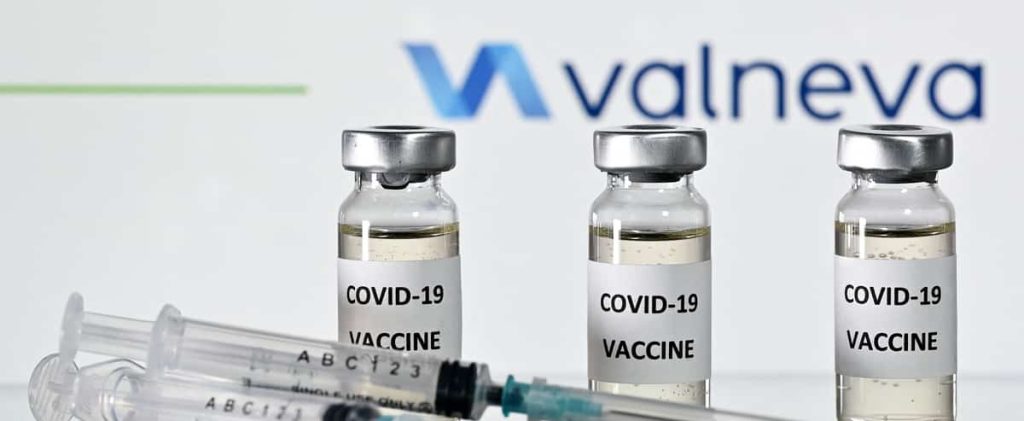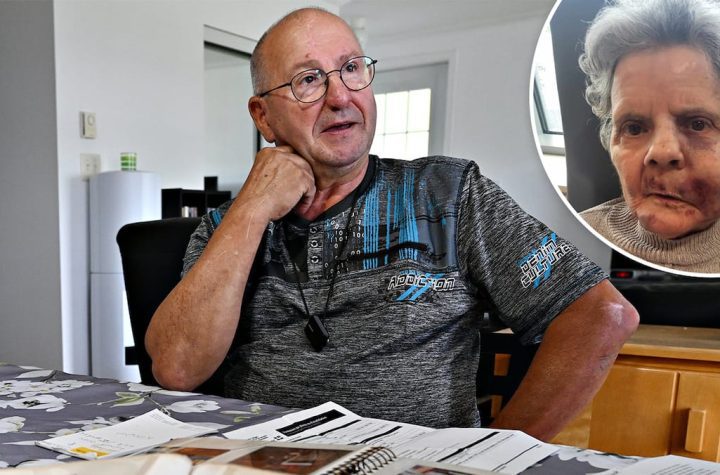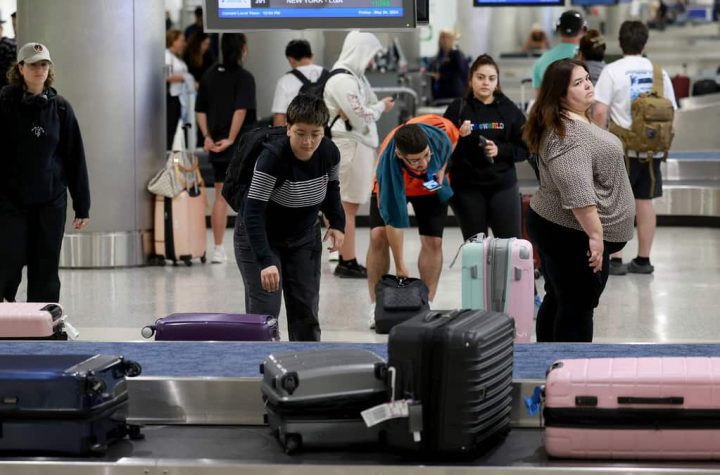
According to a study published on Tuesday in the journal “The Lancet”, a vaccine developed against chikungunya has recorded promising results, although its true effectiveness against the disease has not yet been proven.
This vaccine project developed “a robust immune response (…) in almost all vaccinated participants,” the study concluded.
However, it was conducted in the United States, where the chikungunya virus is almost nonexistent, so it couldn’t show whether the vaccine actually makes you sick.
Chikungunya, which causes fever and severe joint pain, is a disease caused by a virus transmitted by the tiger mosquito. It is mainly found in tropical regions, but some cases are starting to emerge in temperate countries such as mainland France, especially as a result of global warming.
Wallneva’s project, a Franco-Austrian group specializing in vaccines, is to develop the first chikungunya vaccine, but there is still no preventative or curative treatment against the disease.
A study published on Tuesday shows that almost all (263) of 266 people vaccinated developed antibodies against the virus.
She also measured the risk of side effects in vaccinated patients (more than 3000): only two developed effects were considered serious and they recovered completely.
The vaccine, which works on the classic technique of attenuated virus, is therefore an “excellent candidate for chikungunya prevention,” suggests the study conducted by researcher Martina Schneider.
Although a study needs to be conducted in areas where the virus is more prevalent to prove the true effectiveness of the vaccine, a good immune response clearly indicates that the patient will not become ill.
But the work is already “good news” in the fight against a possible chikungunya epidemic, hailed infectious disease expert Kathryn Stephenson, who was not involved in the study, in the same issue of The Lancet.
However, the infectologist cautions that the vaccine may not be effective in populations accustomed to the circulation of the virus. In fact, these have already developed immune reactions that limit the activity of the attenuated virus based on Valneva’s vaccine.
The group has already applied for approval of their vaccine in the United States and Canada. He told AFP that there would be demand in the European Union in the second half of the year.





More Stories
Scotiabank customers can't get their pay: “We've fixed the problem”
His wife was badly beaten at CHSLD
Here is my response to Minister Pierre Fitzgibbon's insult about the school tax